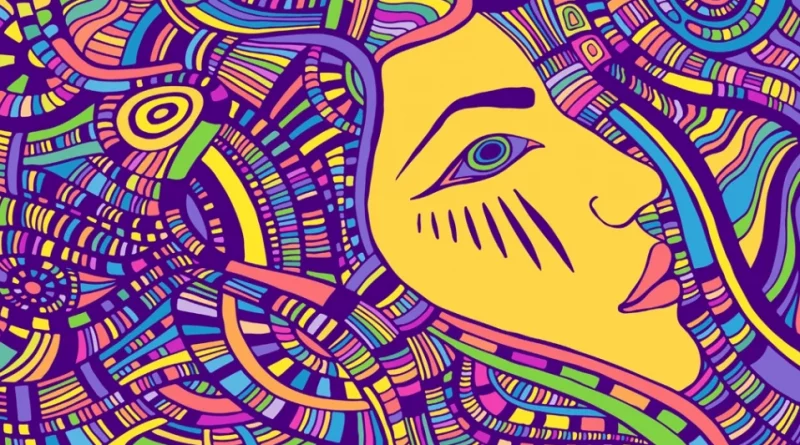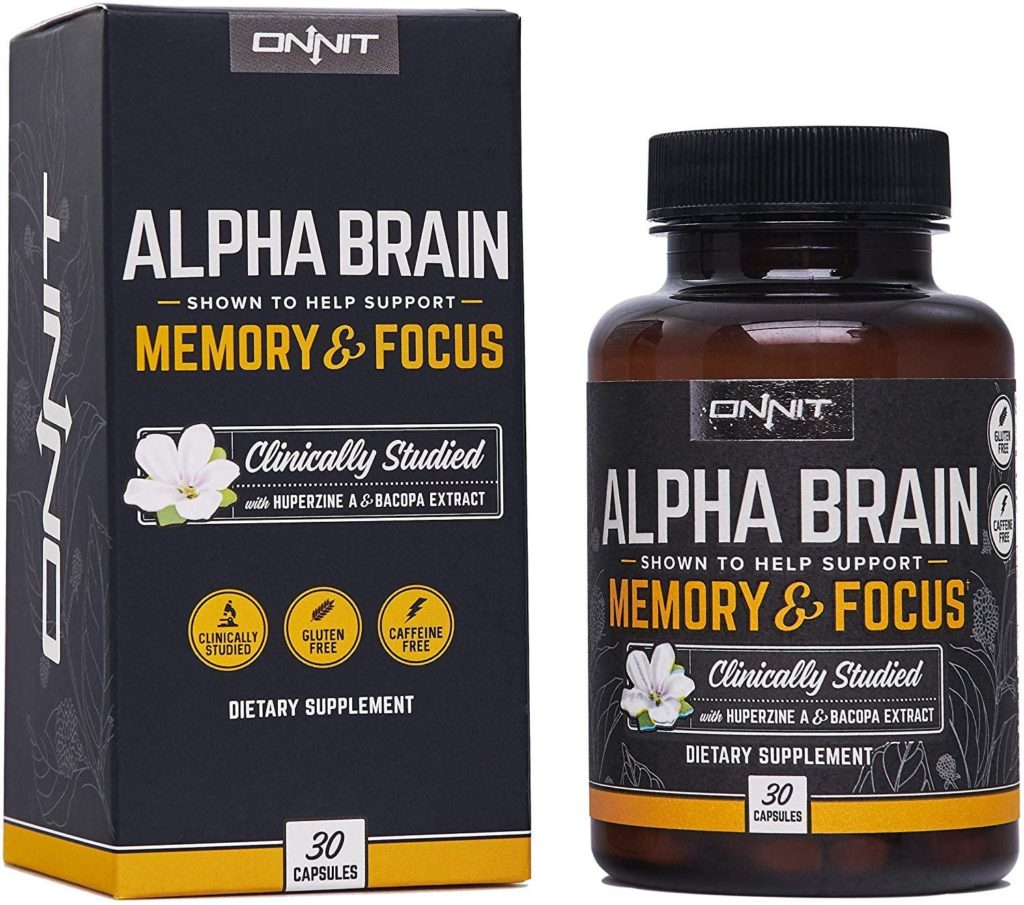Ayahuasca Use Linked to Improved Anxiety Symptoms
[Please note that this page contains affiliate links. If you choose to purchase after clicking a link, I may receive a commission at no extra cost to you.]
Ayahuasca is a psychedelic brew from the Amazon that has been used for thousands of years for healing rituals and prevalent syncretical religions, mainly in South America. Although, despite its extensive use in these situations and growing global interest, significant studies were lacking until recently.
The Global Ayahuasca Project was done between 2017 and 2020, and it is the most general cross-sectional study on Ayahuasca use, completed through an online questionnaire. The results were published in the Journal of Affective Disorders Reports, telling the story of a significant connection between improvements in affective disorders and Ayahuasca use.
Ayahuasca Use for Anxiety and Depression International Study
The Ayahuasca use study consisted of more than 11,000 volunteers, 7,785 of whom reported having symptoms of anxiety or depression at the time of consuming Ayahuasca. The researchers considered various ways to assess mental health results from Ayahuasca users and their experiences during and after drinking the brew.
The study results indicated an impressive enhancement in anxiety and depression symptoms. For example, 94% of volunteers experienced some (“a bit”), excellent (“very much”) or complete alleviation of depression symptoms; and the same was accurate in about 90% of anxiety symptom cases.
The large sample size allowed the researchers to conclude that Ayahuasca experiences are most strongly connected with vital enhancements. For example, volunteers who reported profound mystical experiences typically experienced the highest gains.
Reduced Depression and Anxiety Symptoms
A greater significant number of perceptions of people’s relationships also was strongly linked with improvements, signifying one cognitive pathway from the psychedelic may reduce depression and anxiety symptoms.
Not all the volunteers were as lucky, however. A few people reported worse depression symptoms (2.7%) and reduced anxiety symptoms (4.4%).
Of course, anxiety and depression symptoms will evolve, and it can be that the Ayahuasca use is not related to these changes, but there is some evidence of its use. For example, feeling alone or disconnected, on edge, nervous, depressed, or anxious in the weeks following taking Ayahuasca were all indicators of worsened symptoms.
One significant limitation of this study is its cross-sectional environment, which means we cannot confirm a causal relationship. It is also worth noting that self-reporting, primarily historical, sentimental self-reporting, can be very unreliable.
Finally, the presentation of the questionnaire of peoples Ayahuasca use found in groups and forums, where people who had positive reactions were more likely to be active, could have converted to some significant selection biases.
Overall, the study showed a strong correlation between Ayahuasca use and increased effects among people suffering from anxiety or depression. However, there is not much evidence of adverse mental health effects.
Understanding the social, emotional, and cognitive pathways by which Ayahuasca and other entheogens work is a vital next step.


